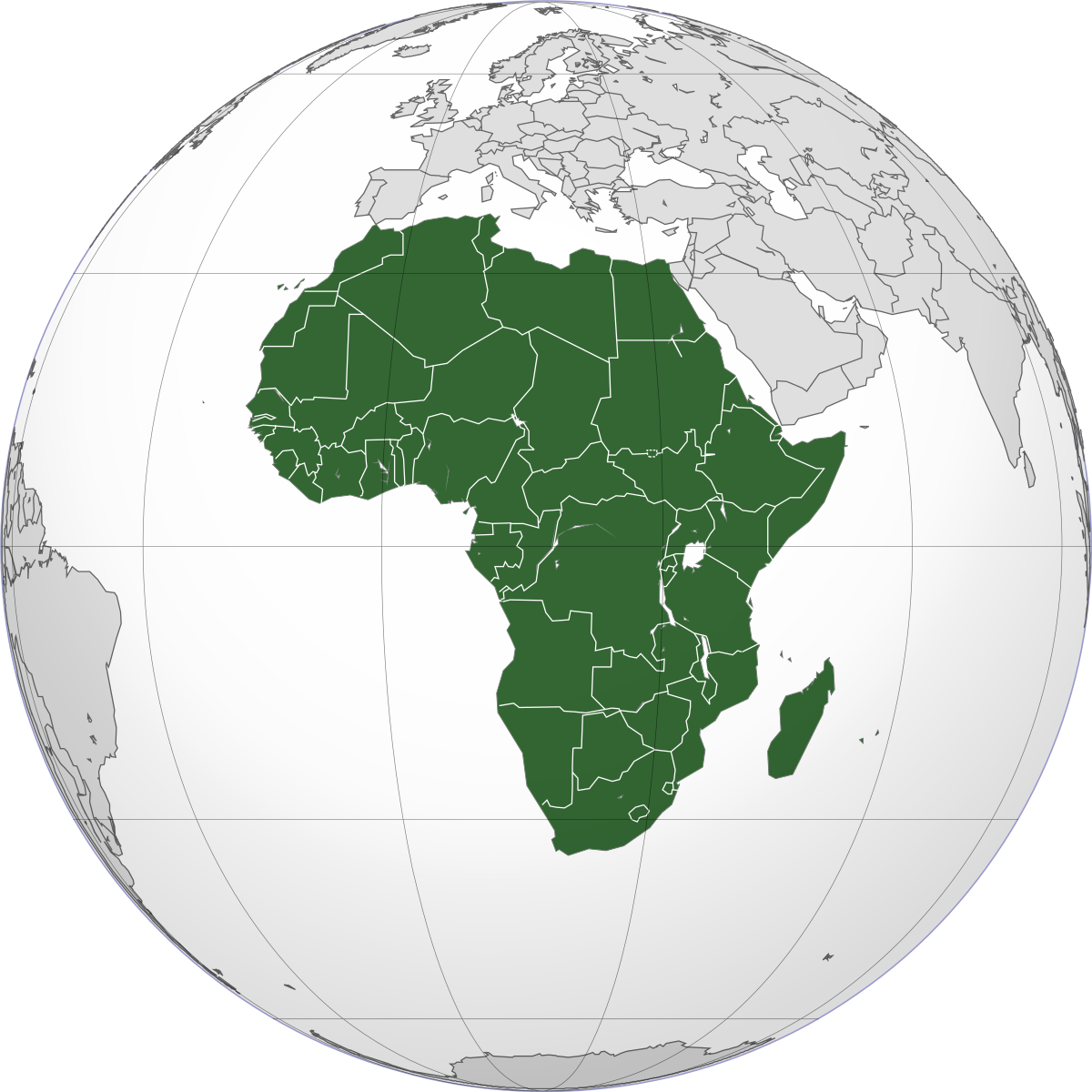An economist and Managing Director of Financial Derivatives Company Ltd, Bismarck Rewane, has warned that Nigeria’s continued electricity supply crisis poses a serious threat to the country’s economic stability and long-term growth, declaring that current GDP progress is unsustainable without immediate and comprehensive reforms in the power sector.
Speaking during a live interview on Channels Television’s programme on Tuesday, Rewane underscored the severe economic cost of power outages, particularly in industrial and commercial hubs like Lagos and Ogun states, which collectively contribute nearly 30 per cent to Nigeria’s Gross Domestic Product (GDP).
“There is the opportunity cost, and there is the real cost,” Rewane explained. “If you’re going to have a one-month power outage in Lagos and Ogun, the impact is effectively one-twelfth of 30% of the GDP. That is a massive loss for any economy.”
He described Nigeria’s electricity woes as systemic and multi-dimensional, attributing the crisis to a combination of cultural factors, tariff distortions, chronic underinvestment, and regulatory inefficiencies, including a tolerance for debt forbearance within the sector.
“You cannot grow the economy with what we’ve seen today without a broad power solution,” Rewane asserted. “If there is a power outage in Nigeria, it must be resolved — no question. You can’t put a Band-Aid on it. It has to be done, and it has to be done now.”
Rewane’s comments come amid continued blackouts and mounting concerns from businesses and households over the reliability and cost of electricity, even as Nigeria attempts to attract foreign direct investment and boost industrial productivity.
While Nigeria recorded a GDP growth of 3.13% in the first quarter of 2025, with the economy currently estimated at approximately $2.45 billion, Rewane cautioned that such growth figures may be deceptive without structural improvements in infrastructure, particularly power.
He also noted notable sectoral shifts within the economy. Manufacturing, once a key growth engine, has declined in contribution, while agriculture is gaining prominence. However, the services sector remains the dominant driver of economic activity.
Turning to the petroleum downstream sector, Rewane commented on the broader challenges of refining in Nigeria, pointing out that the global refining business is increasingly dominated by major hubs due to its complex, high-capacity nature and thin margins.
“Refining is a high-volume, low-margin business,” he said. “Operational efficiency is critical. Profit depends on the margin between your average revenue and average cost. People need to understand the technical scale and expertise that refining demands.”
Rewane’s intervention adds to the growing call for urgent reforms in Nigeria’s energy and infrastructure sectors, with stakeholders stressing that resolving the power crisis is essential not only for private sector development but also for achieving macroeconomic stability and inclusive growth.





